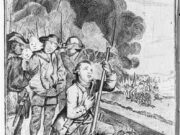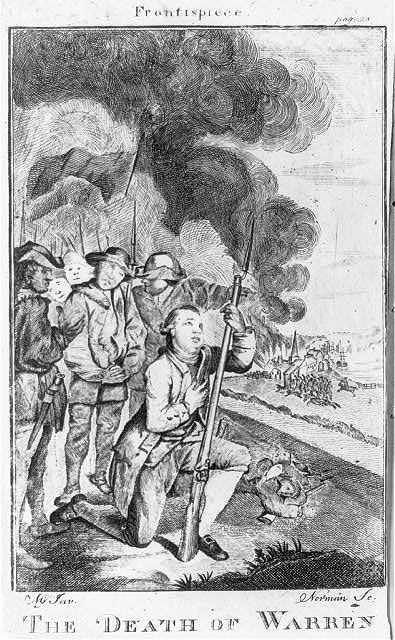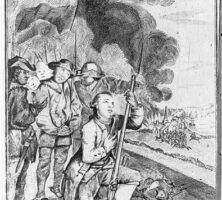Chisholm v. Georgia is the most famous and the most important of the U.S. Supreme Court’s eighteenth-century decisions.
The Court’s ruling arose out of the sale of supplies during the Revolutionary War (1775-83) made on credit to the state of Georgia by a South Carolina merchant, Captain Robert Farquhar. Georgia later refused to pay for the goods, because Farquhar was a British loyalist. After Farquhar died, however, the executor of his estate, Alexander Chisholm, who also hailed from South Carolina, brought an action on the still-uncollected account (as permitted by the then-operative federal jurisdictional statute) in the Supreme Court of the United States. Upon receiving notice of the action, Georgia refused to appear in court. It asserted that, as a sovereign state, it possessed immunity from the suit, absent its consent, even though Article III of the U.S. Constitution specifies that federal courts have jurisdiction to decide cases “between a State and citizens of another State.” Citing this text, the Supreme Court rejected Georgia’s sovereign-immunity argument and ordered Georgia to pay Chisholm the money damages he sought.
In the wake of this decision, however, howls of protest rose throughout the country. Within five years, U.S. Congress had proposed and the states had ratified the Eleventh Amendment, which overturned the principle of the Chisholm decision by providing that “the Judicial power of the United States shall not be construed to extend to any suit in law or equity, commenced or prosecuted against one of the United States by Citizens of another State.”
To this day, Chisholm stands as one of only a handful of Supreme Court rulings that have been overturned by constitutional amendment. Even more important, the Supreme Court has built on the repudiation of Chisholm to hold that the Eleventh Amendment exemplifies a sovereign-immunity principle that sweeps well beyond the amendment’s text. Invoking this principle, the court has sheltered states from almost all money-damage actions brought in any court, even when initiated by a state’s own residents based on clear violations of federal statutory law.






